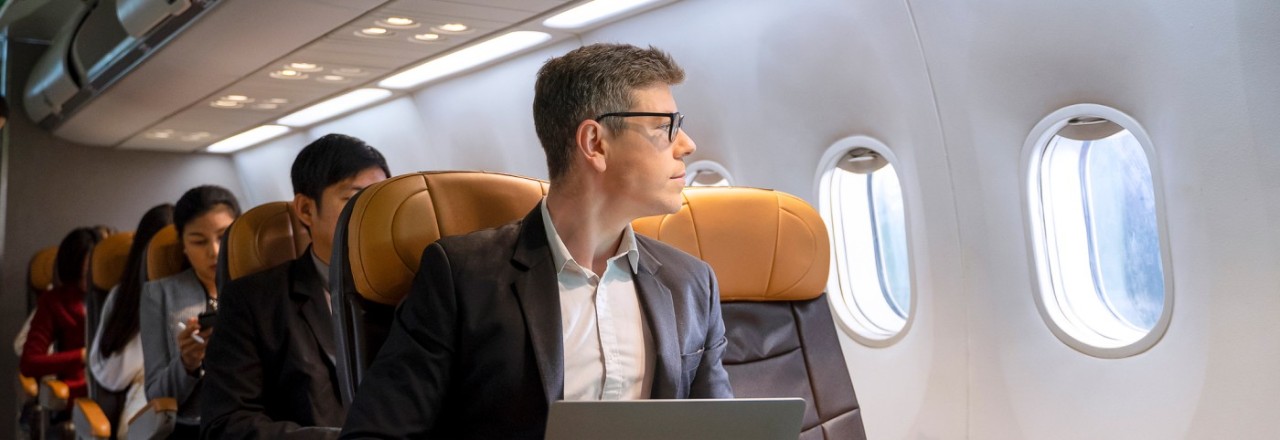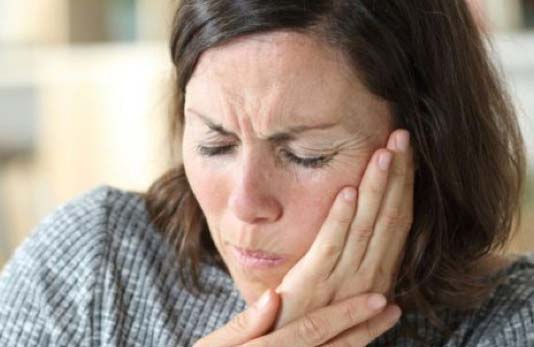Tooth squeeze — Your teeth and pressure

Rapid altitude changes are known for increasing the pressure in your eardrums, but did you know that atmospheric pressure can also affect your teeth? Called “tooth squeeze” or barodontalgia, this phenomenon can affect anyone who ventures to extreme environments.
What causes barodontalgia
Gases contract or expand to match the level of pressure around them. Since air is a gas, any pockets of air in your teeth will also expand or contract. In normal environments, these changes would be too small to notice. But in any extremely high-pressure environment (like under the ocean), or a low-pressure environment (like in a plane or on a high mountain), the effect on your teeth will be intensified.
Why would there be air in your teeth? Tiny leaks around fillings, crowns and dentures can allow small amounts of air to enter the teeth, setting the stage for barodontalgia. Untreated tooth decay can also create small holes in your enamel that allow air to get in.
Who’s at risk
Tooth squeeze is more likely to affect people who go through frequent or sudden changes in atmospheric pressure, such as:
- Underwater divers
- Submariners
- Pilots and air crew
- Airline passengers
- Mountain climbers
You are less likely to experience barodontalgia if you have healthy, intact teeth. Your risk goes up if you have fillings or have had other restorative dental work done. Untreated decay or infection that is currently painless can also become worse under pressure.
What happens to your teeth
The effects of barodontalgia can include:
- Tooth pain
- Loose fillings, crowns or dentures
- Inflamed tooth pulp
- Root infection
- Dental cysts
- Broken teeth
- Bleeding gums
What you can do
Before. If you expect to explore the skies or the bottom of the sea soon, these tips can help lower your chances of barodontalgia:
- Maintain your oral health. Regular dental visits and proper oral hygiene can prevent decay.
- Get a dental exam. Your dentist can identify and treat any signs of decay or infection and replace old fillings or crowns.
- Wait after treatment. Don’t fly or dive within 24 hours of any dental treatment involving anesthesia. If you’ve had oral surgery recently, wait at least a week.
During and after. Are you currently experiencing tooth squeeze? Here’s what you can do:
- Avoid hot or cold foods and drinks. Sudden temperature changes in your mouth can make the pain worse. If you’re on a long flight, for example, skip the coffee and ice cream and stick to items that are at room temperature.
- Visit your dentist immediately. Once you’re on land, make an emergency appointment. Your dentist can fix any loose restorations and treat the causes of your pain.
Last updated March 17, 2022
Related articles:
The oral health information on this website is intended for educational purposes only. Always consult a licensed dentist or other qualified health care professional for any questions concerning your oral health.


